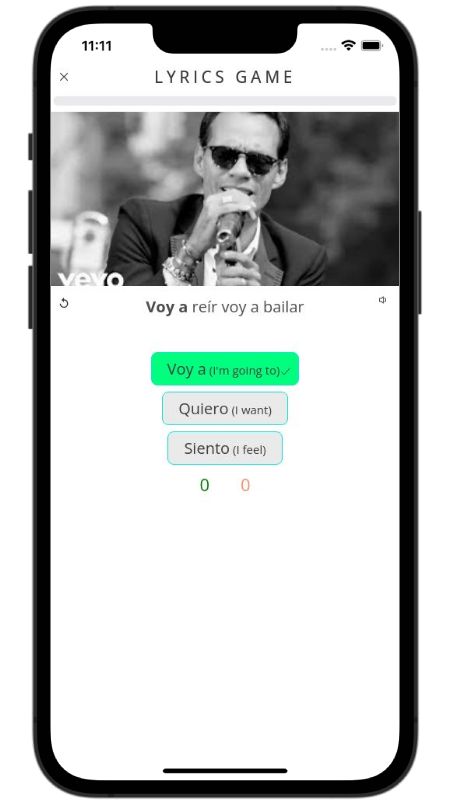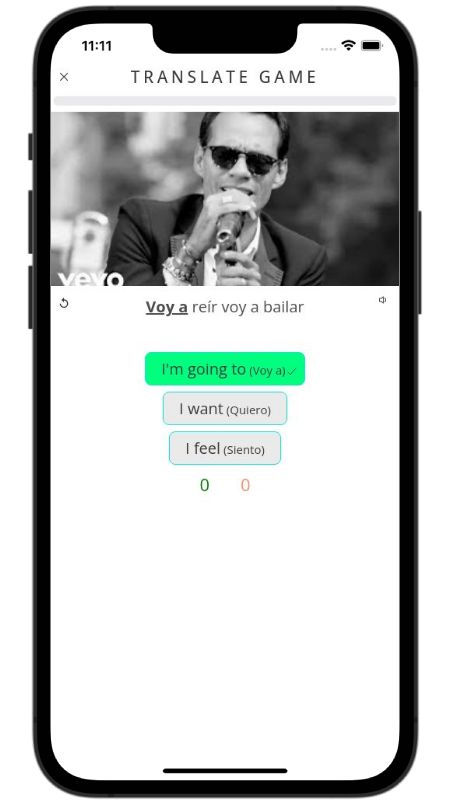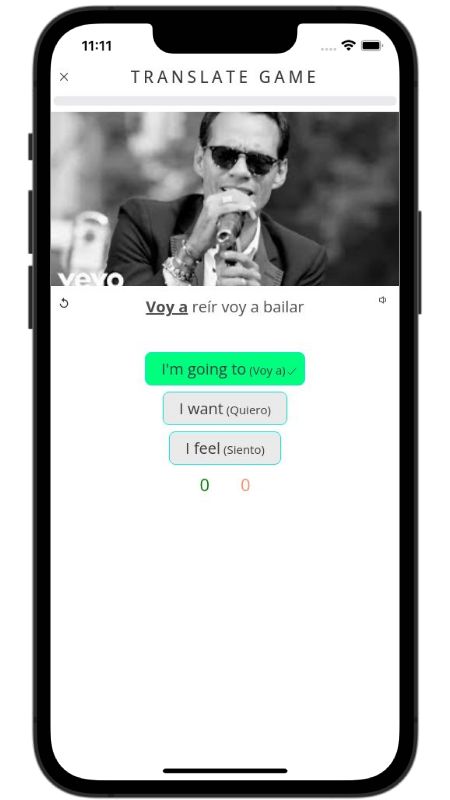Podríamos Regresar Lyrics in English Tiziano Ferro
Below, I translated the lyrics of the song Podríamos Regresar by Tiziano Ferro from Spanish to English.
Verse 1
Every prayer, a promise to God
Not once have I forgotten it
And nothing goes the way I want
Nothing goes the way I had dreamed
And forgive the hate that still comes out of me
If I said it's not like that it'd only be lying to you
And you know it, I hate lies
I miss you blindly so much
So much that it chokes me
Chorus 1
Today has been the day to remember you
Among songs that I asked you to listen to
I already know that you've never laughed nor cried
As much as with me
Chorus 1
I know it, you know it
It's 30 years, 30 years aren't few
Life like that, without warning, really smashed everything
Let someone stop time
Let it not pass, please
And let's remind the world who we are
And that we could come back
Verse 2
I live life trying that they understand me
Love, friends, relationships, this is once and again
Always only in one way, the same one
I always choose the hardest, the most complex
That's why I always avoid, always, meeting you
And you, why do you look at me if you can touch me?
2013 showed us that
That you and I don't believe in hate
Chorus 2
Today has been the day to remember you
Among songs that I asked you to listen to
I already know that you've never laughed nor cried
As much as with me
Chorus 2
I know it, you know it
It's 30 years, 30 years aren't few
Life like that, without warning, really smashed everything
Let someone stop time
Let it not pass, please
And let's remind the world who we are
And that we could come back
Bridge
Music is stronger than death itself
It heals all my wounds
While I challenge life
Chorus 3
Today has been the day to remember you
Among songs that I asked you to listen to
I already know that you've never laughed nor cried
As much as with me
Chorus 3
I know it, you know it
It's 30 years, 30 years aren't few
Life like that, without warning, really smashed everything
Tell it to everyone out loud
That they remember, that it remembers us
Everybody and to wait
Because we could come back
Lyrics and Translations Licensed & Provided by LyricFind
Lyrics © Sony/ATV Music Publishing LLC, Peermusic Publishing, Warner Chappell Music, Inc.
Did you like this lyrics translation?
Did you know?
In addition to reading lyric translations, you can now learn Spanish with music and lyrics from your favorite artists.
No more boring lessons. You can now learn with engaging and culturally relevant lyrics from the best artists.
Apple and App Store are trademarks of Apple Inc.
Google Play and the Google Play logo are trademarks of Google LLC.
MORE TIZIANO FERRO
iOS AppAndroid AppWeb LessonsFree PDF WorksheetsJoin ClassroomLyrics TranslationBlogAbout UsBuy as GiftLifetime











